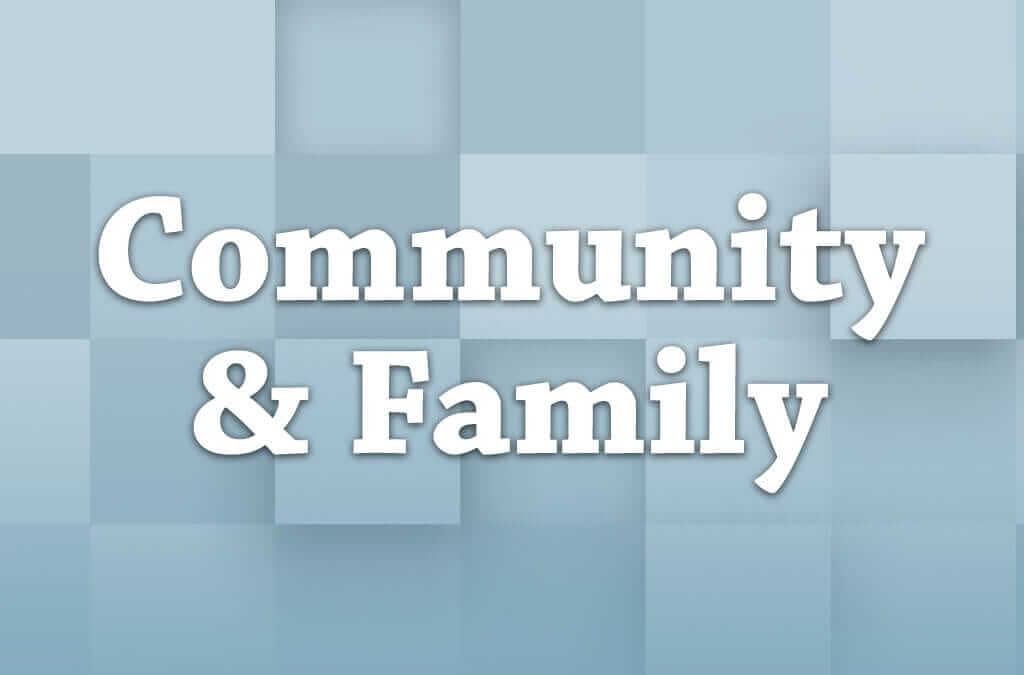It may not be the happiest of things to consider, but there will come a point in your life and the lives of those you love and care for when a financial plan is no longer sufficient for handling your personal matters. For those occasions, estate planning may be the better tool to take care of the situation.
There are several documents that go into an estate, and though some may confuse where a will figures in, it's actually just one part of the whole equation. Knowing what should be included in an estate will help protect your money and your family even if you are no longer able to do so.
Where there's a will
People are usually familiar with the written testament of a person's wishes after his or her death, but as to what goes in a will can be somewhat different depending on the individual, according to the AARP. These documents also usually review the treatment of a body posthumously, but the primary goal is actually to safeguard money and other assets from loss and taxes. A financial services specialist can usually help walk you through the different aspects of your holdings, reviewing real property and other assets, finding market values and determining how and if these should be liquidated.
A living will
There are cases where a person can't speak for herself and needs someone or something to act on his or her behalf. In these cases, a living will can be directed to come into effect at a specific point in a person's life, according to CNN, to ensure that person's wishes are still respected. In other cases a proxy can be named to make decisions for the well-being and care of the individual in question. In both scenarios these decrees don't ensure that every aspect of a directive will be followed, but that healthcare providers will do their best to honor the requests made.
Again, including express directions about money is usually a part of a living will as well. This will help maintain online banking and other financial services an individual may be liable for to ensure that, in the event things turn around, that person's monetary well-being has been preserved.
Writing it down
Getting things in writing, signed and notarized or witnessed for legal protection, will ensure everything is followed exactly as you intended, or as close to it as possible. What's more, if something were to unexpectedly happen to a person, regardless of age, without a written directive there would be no recourse for friends and family but to make the best guesses they could about health and financial choices.
Master control
Many of our regular activities and financial tools are now part of the Internet, and since smartphones and laptops have password protections and other codes, the protections once used to safeguard personal information could short circuit an estate's execution. Entrepreneur recommends including a master document in an estate package for that reason, providing an overview of online accounts and passwords, so that these can be reviewed and maintained appropriately.
While it may not be the most cheerful prospect, knowing that your friends and family will be cared for in the event of a sudden illness or injury should give you peace of mind. Your wishes and those you care about can be best served through careful use of financial services and knowledge of how to prepare an estate for some eventualities.


